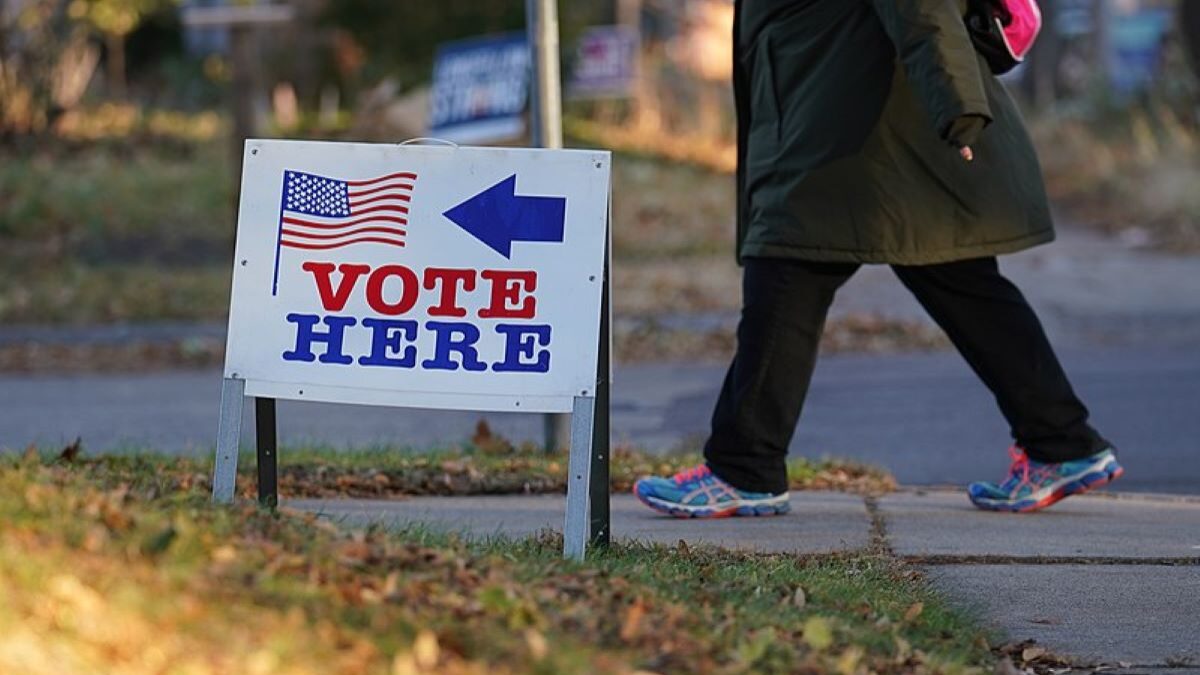
A New Hampshire court dismissed Democrat-backed lawsuits contesting the legality of the state’s voter ID law on Wednesday, marking a major win for Republicans and election integrity advocates.
Writing for the Hillsborough Superior Court, Justice Charles Temple ruled that a series of challenges filed against New Hampshire’s voter ID law lacks legal standing because plaintiffs failed to provide evidence showing their ability to vote was impeded by the law in question. In their original lawsuit against New Hampshire’s Republican secretary of state and attorney general, several state voters, along with 603 Forward and Open Democracy Action (two leftist organizations), claimed SB 418 violated provisions of the New Hampshire Constitution.
The Republican National Committee, New Hampshire Republican State Committee, and Restoring Integrity and Trust in Elections (RITE) PAC were intervenor-defendants in the case.
Signed into law by GOP Gov. Chris Sununu last year, SB 418 altered the process by which voters verify their identity when casting their ballot. Under the law, voters who fail to present an approved form of ID would be instructed to fill out an “affidavit ballot,” at which point he or she must then fill out and submit a series of documents proving he or she is eligible to vote. If a voter does not return a copy of the required information within seven days of the election, that voter’s ballot will not be certified.
In his Wednesday ruling, Temple noted how plaintiffs were unable to document any evidence proving their rights were, “or will be,” violated by the law.
“In sum, it seems abundantly clear to the Court that the ‘rights’ at issue in this litigation are the constitutional rights of New Hampshire’s voters, which the organizational plaintiffs maintain have been (or will be) violated by SB 418,” Temple wrote. “However, under long-standing case law, the organizational plaintiffs may only challenge the constitutionality of SB 418 based on an invasion of their own rights. … For the reasons stated above, the plaintiffs have failed to identify the necessary ‘present legal or equitable right’ belonging to them ‘to which the [defendants] [are] asserting an adverse claim.'”
Temple furthermore granted the defendants’ motion to dismiss the plaintiffs’ requests that SB 418 be declared unlawful and an injunction prohibiting its enactment and enforcement.
“Voter ID laws do not harm eligible voters, instead, they identify those people ineligible to vote, including non-citizens,” RITE President Derek Lyons said in a statement celebrating Wednesday’s ruling. “Every case rejecting activists’ attempts to upend state election law helps restore voters’ confidence in the ballot box.”








